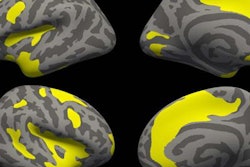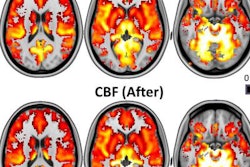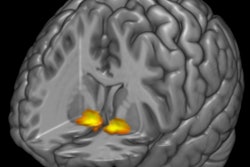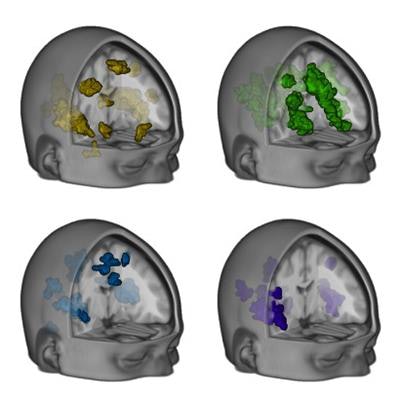
Researchers from Duke University used functional MRI (fMRI) to examine brain activity representing emotions in individuals at rest, in a study published online September 14 in PLOS Biology.
In previous research, the group identified seven patterns of brain activity reflecting states such as contentment, fear, and sadness. In the new study, the researchers scanned 21 university students who were encouraged to let their minds wander without external stimuli. They were asked to respond to a questionnaire about their current emotional state every 30 seconds.
At the same time, data from the whole brain were collected every two seconds, and these images were compared with the seven previously identified brain maps of emotion. When the researchers examined the scanner data for the 10 seconds before each self-report of mood, they found that the results accurately predicted the moods reported.
In addition, a second group of 499 subjects were scanned at rest for approximately nine minutes and then asked how depressed and anxious they felt after the scanning session.
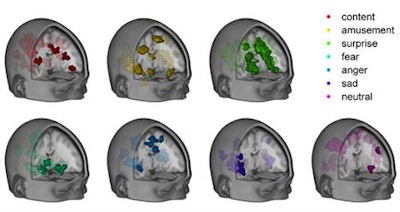 Colored regions indicate increased fMRI signal and brain regions associated with emotional states. Image courtesy of PLOS Biology.
Colored regions indicate increased fMRI signal and brain regions associated with emotional states. Image courtesy of PLOS Biology."We found that the cumulative presence of our 'sad' emotion map, summed over time, predicted their depression scores, and the cumulative presence of our 'fear' emotion map predicted their anxiety scores," said senior author Kevin LaBar, PhD, in a statement.
The maps could be useful for studying people with poor insight into their own emotional status, as well as for clinical trials to test the effectiveness of treatments to regulate emotions, according to LaBar.





